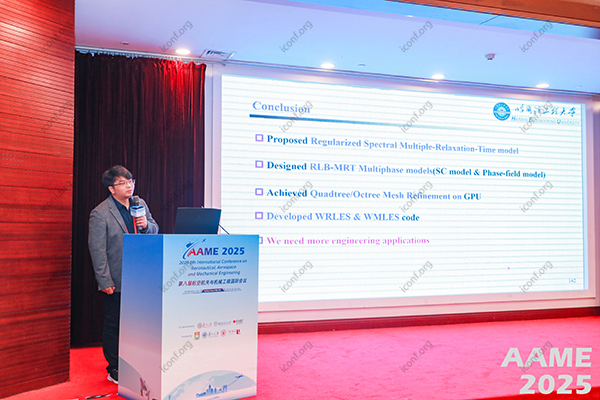For many researchers, especially students and early-career scholars, the cost of attending an academic conference can be a major consideration. When it comes to EI-indexed conferences, expenses often raise concerns: Are they worth the investment? Are they really that expensive? In this article, we explore the typical costs associated with EI conferences and offer practical insights to help you manage your academic budget effectively.

Participating in an EI-indexed conference generally includes several types of expenses:
Registration Fee: This covers access to sessions, keynotes, conference materials, and sometimes meals or social events. For EI conferences, this fee typically ranges from USD 300 to 800, depending on the location, organizers, and whether it's online or offline.
Publication Fee: Some conferences charge a separate publication fee, especially if your paper is accepted and will be indexed in EI. This fee can range from USD 100 to 400.
Travel and Accommodation: If the conference is held abroad, airfare, lodging, and local transportation can significantly increase your total cost. Staying for 2–3 days in a major city could add USD 500–1000+.
Visa and Insurance: International participants may also need to pay for visas or travel insurance.
Many EI conferences now offer hybrid or fully virtual formats, which can drastically reduce costs:
Virtual Conferences: Registration fees are often lower (USD 100–300), and there are no travel or accommodation expenses.
Offline Conferences: While offering more in-person networking opportunities, they require a larger financial commitment.
Choosing between the two depends on your goals: networking, presenting, visibility, or cost-efficiency.
To attend an EI conference without financial stress, consider the following strategies:
Apply for Funding: Many universities, research institutions, and government programs offer grants or travel funds for academic conferences.
Early Registration Discounts: Registering early often comes with lower fees.
Look for Student Rates: Conferences often provide discounted rates for full-time students or PhD candidates.
Share Accommodation: Traveling with colleagues and sharing rooms can reduce hotel expenses.
Prioritize High-Quality Conferences: Not all EI-indexed conferences are equal—focus on those that align with your research goals and offer strong academic value.
While EI conferences can be costly, they are often seen as valuable investments in your academic career. Benefits include:
Gaining international exposure for your research
Networking with scholars and industry experts
Improving your CV with indexed publications
Learning about emerging trends in your field
However, it’s essential to choose conferences carefully to ensure your money and effort yield meaningful returns.
For researchers looking to attend academically reputable and EI-indexed conferences, platforms like iconf.org provide a curated list of high-quality academic events across various disciplines. Use it to explore trustworthy opportunities, compare costs, and make informed decisions on where to submit and participate.